Pembrolizumab Supplemental Biologics License Application Gets Priority Review From FDA
By Adam Hochron
July 29, 2020
The FDA has granted priority review to a Supplemental Biologics License Application for pembrolizumab as a second-line treatment for relapsed or refractory classical Hodgkin lymphoma.
The application was based on the phase 3 KEYNOTE-204 trial, which has so far shown pembrolizumab “demonstrated a significant improvement in progression-free survival compared to brentuximab vedotin,” according to a press release from the manufacturer. The trial’s primary endpoints, with more than 300 patients enrolled, include progression-free survival and overall survival, while secondary endpoints include objective response rate, complete remission rate, and safety. 
Results of the trial, presented at the 2020 ASCO Virtual Meeting, showed statistically significant improvement in progression-free survival (HR = 0.65; 95% CI 0.48-0.88; P = 0.00271. Median progression-free survival was 13.2 months among those treated with pembrolizumab compared with 8.3 months among those treated with brentuximab vedotin. The 12-month progression-free survival rates were 53.9% and 35.6%, respectively. The overall response rate was 65.6% for pembrolizumab and 54.2% for brentuximab vedotin, with complete remission rates of 24.5% and 24.2%, respectively.
“Classical Hodgkin lymphoma accounts for more than nine in 10 cases of Hodgkin lymphoma, which impacts approximately 7,400 patients a year in the US,” said Dr. Jonathan Cheng, vice president, oncology clinical research, Merck Research Laboratories, in the release. “For patients with classical Hodgkin lymphoma who do not achieve remission after first-line treatment, there is a particularly poor prognosis due to the limited options available.”
The manufacturer’s release noted that the company is studying pembrolizumab “across hematologic malignancies through a broad clinical program,” which includes studies of 15 tumors.
The FDA has set a target action date of Oct. 30, 2020, for the application.


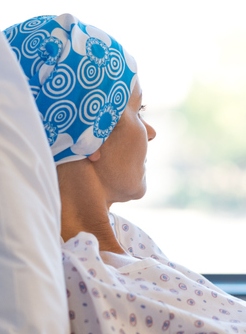





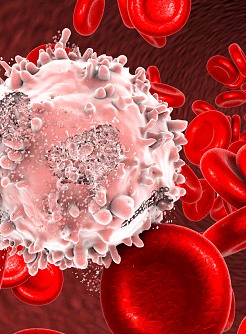
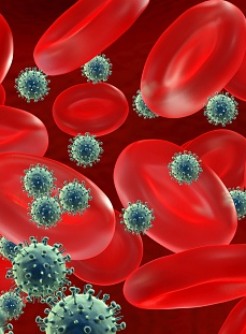



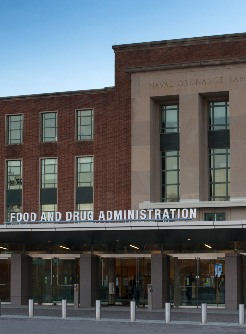

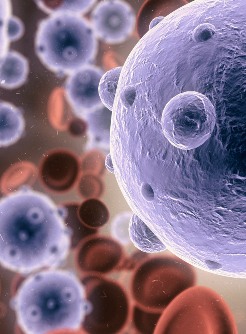
.jpg)





.jpg)



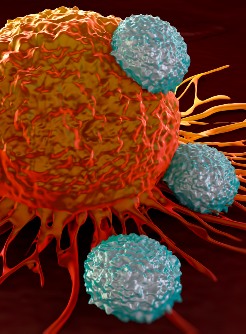


.jpg)
.jpg)
.jpg)
.jpg)
.jpg)
.jpg)
.jpg)

.jpg)
.jpg)